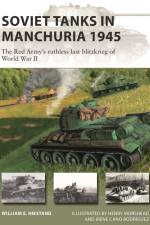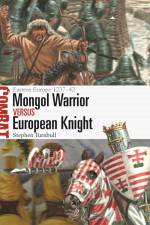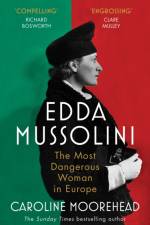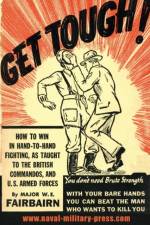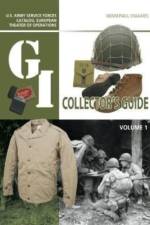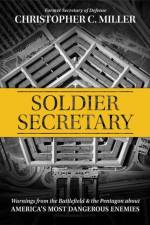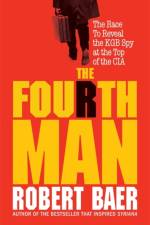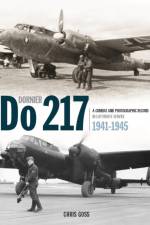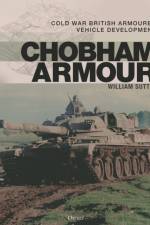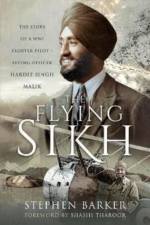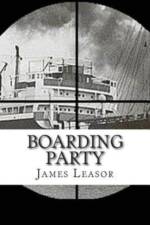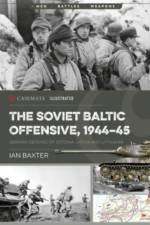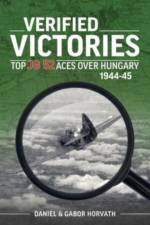av Mantelli - Brown - Kittel - Graf
171
This was an unpleasant surprise. The pilots of the RAF Spitfire had rejected the Luftwaffe during the Battle of Britain and now, in the summer of 1941, had to face to defend Europe. But they had not expected the appearance of the Focke-Wulf Fw 190, the new German fighters with radial engine, which could easily counter the inadequate Spitfire V. When the RAF finally managed to capture a specimen in 1942, it was realized that the ugly news had yet to arrive. The 190, in fact, turned out faster than any US or British fighter and, with a mighty armament, the agile German aircraft could destroy them with ease. Product, in more than 20,000 copies, fast, agile, fully armed, easy to build and to keep in efficiency, safe in handling and in use, extremely versatile, loved by its pilots and feared by opponents: this was the Focke-Wulf 190. The plane was one of the fruits of the genius of a famous aircraft designer, Kurt Tank, who managed to summarize in the happiest way all the "summa" of aerodynamic and structural knowledge of the time in such a classic design in architecture in general as innovator solutions, to the point that the last piston fighter products in the world, the Soviet La. 11 English "Sea Fury", explicitly reveal their descent from the German founder. Its small size and the high maneuverability were ideal for a fighter jet, as well as the high visibility ensured from the cockpit. It was remarkably robust and wide track to cart him to also operate on makeshift runways. It took two years before the allies were able to prepare aircraft can deal with the Focke-Wulf, which remained throughout the Second World War (in the various evolutions) a benchmark for the various Allied fighters.

